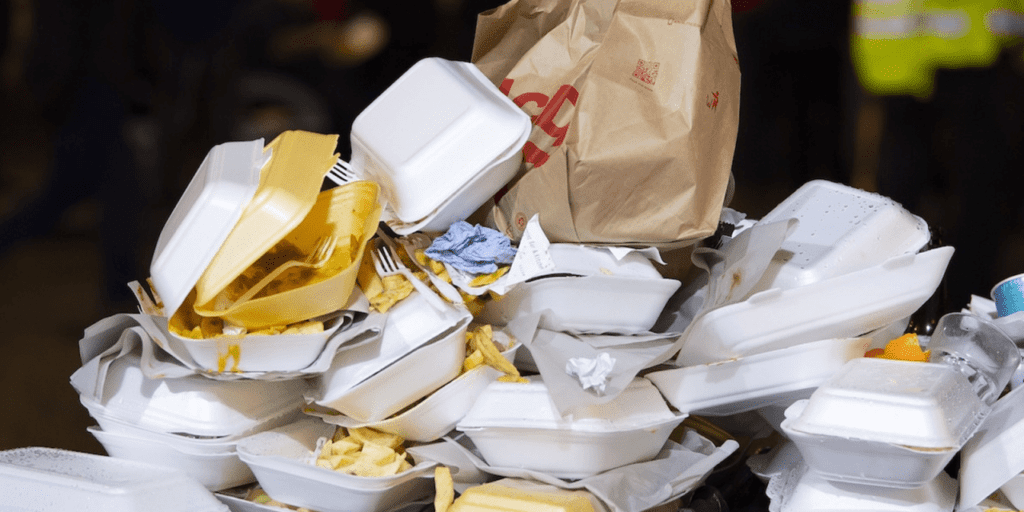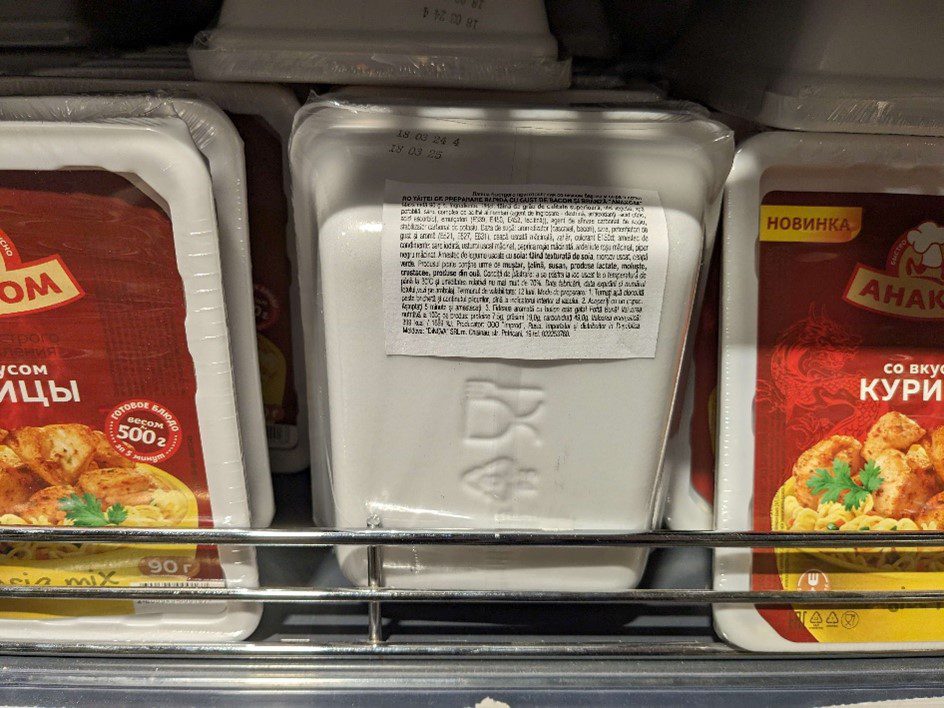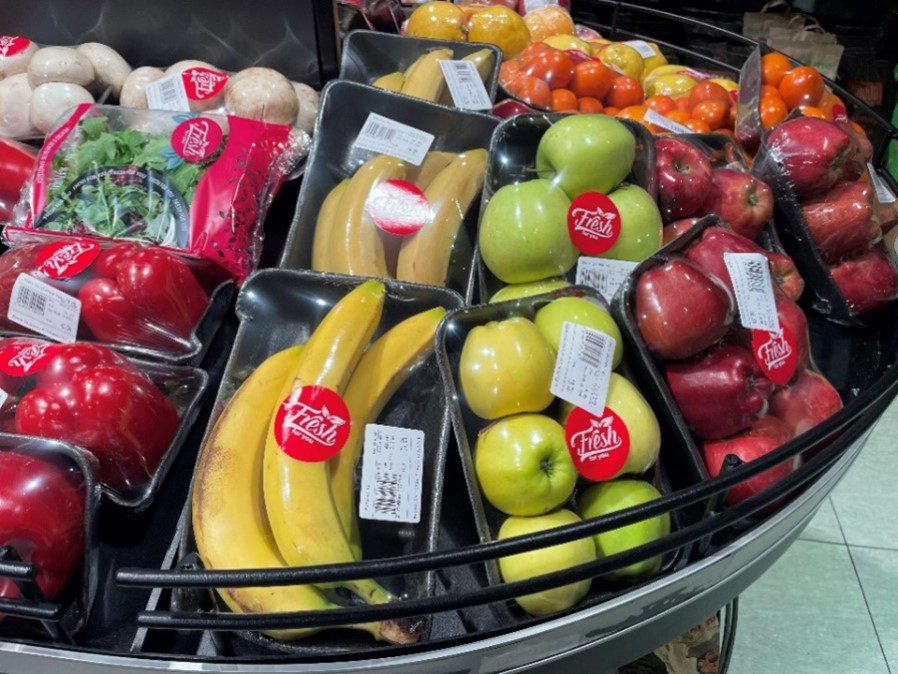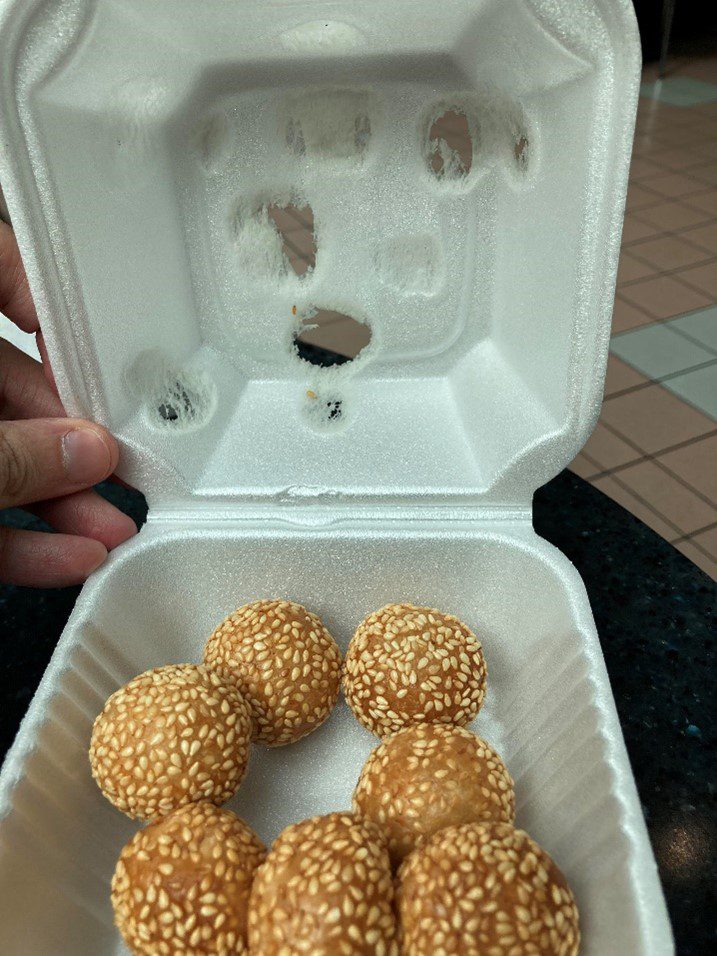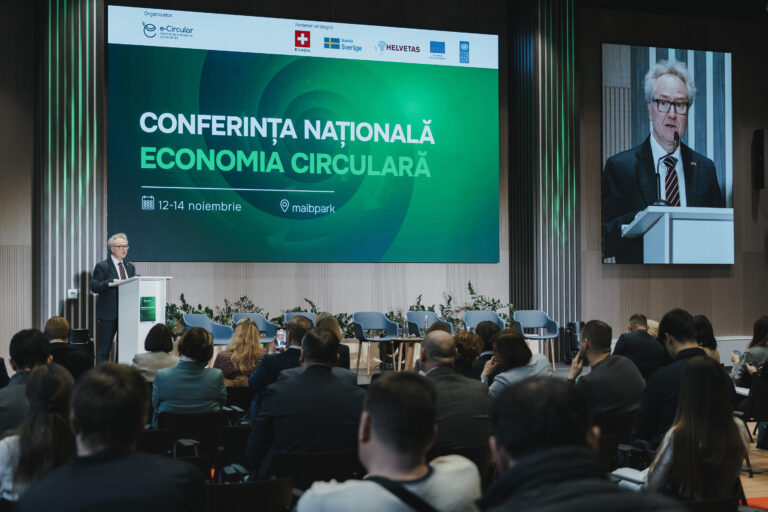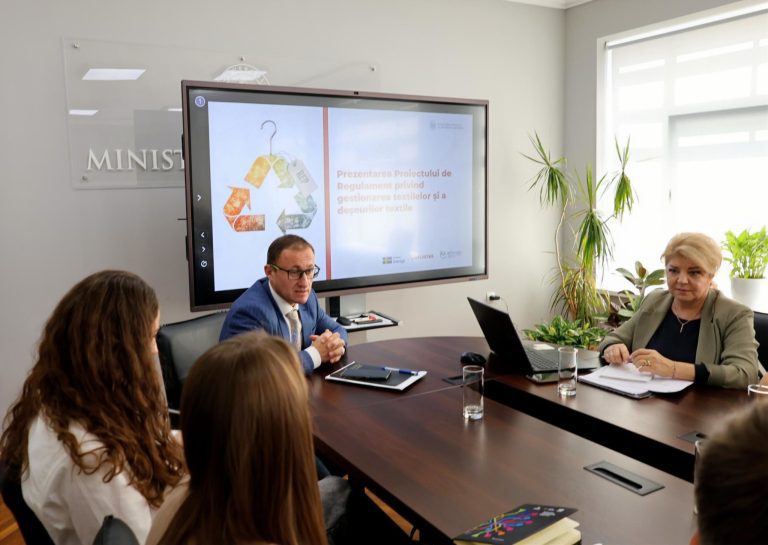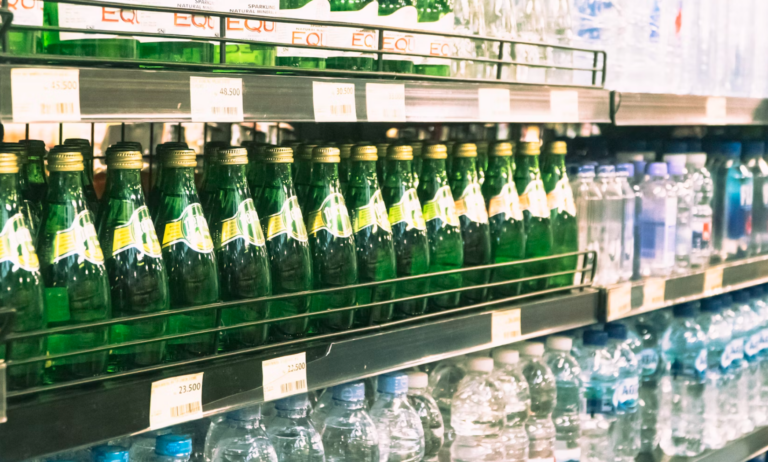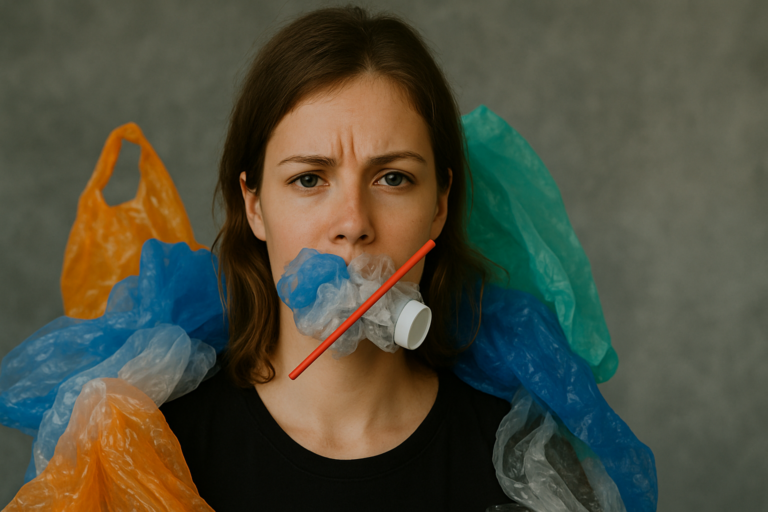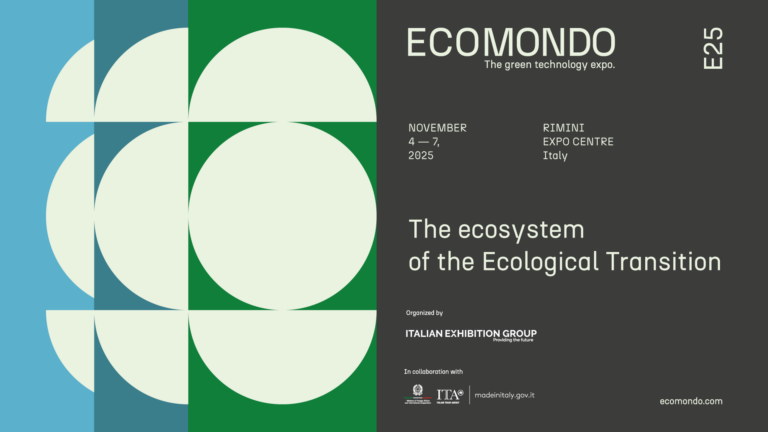We demand a ban on polystyrene packaging!
Details
The first week in the campaign Plastic Free July 2024 has as its main subject: The impact of PLASTIC packaging in contact with food products. One of the most dangerous types of packaging in this case are those made of expanded polystyrene. It is made from the monomer styrene, derived from petroleum, just like most plastics. In the Republic of Moldova, expanded polystyrene packaging is frequently found in public catering establishments, being used to pack takeaway food; but also in the food trade, in the form of trays for packaging meat, fruit, vegetables, fast food, etc.
These food storage containers are disposable. The food industry motivates the use of expanded polystyrene packaging because it is resistant to water and grease, light in weight and cheap, it keeps the temperature of food and drinks hot or cold. However, manufacturers of expanded polystyrene packaging "hide" the fact that many chemicals are used in the manufacture of expanded polystyrene, the most dangerous of which are styrene and fluorinated additives, such as perfluorooctanoic acid and perfluorooctanesulfonic acid compounds. These substances have high toxicity. Academic laboratory research has shown that styrene migrates into foodstuffs during use, thus reaching the human body and posing a risk to people's health, especially with regard to diseases related to hormonal disorders.
Expanded polystyrene also has a negative impact on the environment, being non-recyclable or very difficult to recycle, being most often contaminated with food waste. As a result, this type of waste puts a lot of pressure on waste management systems, contributing to an increase in the amount of waste that ends up in landfills. There, expanded polystyrene does not break down, but under the influence of UV rays and heat, it releases chemicals that pollute the environment into the soil, water and air.
THE IMPACT OF EXPANDED POLYSTYRENE ON HUMAN HEALTH
International studies have shown that chemicals in single-use plastic products migrate into food. The migration of these substances from food packaging into food and beverages is considered the main source of human exposure to plastic-related contaminants. Certain plastic polymers used for packaging, especially expanded polystyrene, degrade when they come into contact with acidic or alkaline foods, UV light, and heat. Under these conditions, toxic monomers such as styrene are released.
Styrene has a high probability of migrating into fatty foods, hot drinks and especially alcohol when it comes into contact with them. Considering the types of food that are often packaged in polystyrene containers, such as fatty foods, and hot drinks served in polystyrene bowls, it is found that these are the types of food that polystyrene should not be used with to get in touch. This underlines the need for a rigorous re-evaluation of the use of expanded polystyrene in food packaging to protect consumer health.
Due to its chemical composition and its tendency to release harmful substances into food and beverages, expanded polystyrene poses a number of serious risks. Listed below are the main hazards associated with the use of expanded polystyrene food packaging:
- The carcinogen styrene, a major component of polystyrene that is associated with an increased risk of leukemia and lymphoma and is known as a neurotoxin. In 2018, the World Health Organization (WHO) reclassified styrene as a chemical carcinogen. Styrene also causes genetic damage. 12 studies in humans or human cells have shown that styrene causes pregnancy-related problems, including sperm damage, reduced fertility, miscarriages, stillbirths, and birth defects. According to a US National Institute for Occupational Safety and Health database, styrene affects the renal cortex, a gland responsible for producing stress and sex hormones. Styrene also causes changes in other hormones, including luteinizing hormone, important for menstrual cycles and sperm production. Styrene can also cause skin, eye and respiratory tract irritation. Chronic exposure affects the central nervous system with symptoms such as depression, headache, fatigue, weakness and may cause minor effects on kidney function.
- Hormonal disruptors, chemicals that mimic estrogen and seep into food and drinks. In 2014, the journal Environmental Health tested 11 polystyrene samples and found infiltration of hormone disruptors after exposure to intense steam or ultraviolet rays. These chemicals can hinder the normal development of children, affect the reproductive capacity of adults and increase the risk of other diseases.
- FTOH 6:2, another compound identified in expanded polystyrene that causes the growth of breast cancer cells. The US National Institute for Occupational Safety and Health has identified, based on studies conducted between 1978 and 2009, that FTOH 6:2 is developmental toxic, affecting offspring when their mothers were exposed during pregnancy. In laboratory studies, FTOH 6:2 increased the mortality rate and reduced the weight of the offspring.
- Styrene oxide is a highly reactive metabolite of styrene, which has been shown to be carcinogenic in animals after oral exposure. Thus, the International Agency for Research on Cancer (IARC) classified the metabolite as possibly carcinogenic to humans.
Based on of the National Public Health Agency of the Republic of Moldova, in the production of packaging from polymeric materials, chemical substances (formaldehyde, phenols, bisephnol, styrene, vinyl chloride, vinyl acetate, melamine acetaldehyde, etc.) are used as initiators, monomers, plasticizers, etc., which in contact conditions , heating can migrate into food products, environmental objects, water, influencing the quality of products and directly affecting the health of the population.
Law no. 306/2018 on food safety, in art. 7, point (6) mentions the fact that se prohibits the production and/or placing on the market of food products and materials that come into contact with food products that are dangerous and may affect human health under normal conditions of their use by the consumer. Art. 12, point (4) of the same law mentions that for the pre-packing and packaging of food products, materials will be used that do not eliminate in the food products components that pose a danger to human health, that ensure the preservation of the product's properties and that are recyclable or can be recovered and destroyed without harming the environment.
THE NEED FOR A BAN ON EXPANDED POLYSTYRENE THAT COMES INTO CONTACT WITH FOOD PRODUCTS
The need to ban expanded polystyrene in direct contact with foodstuffs is becoming increasingly evident as evidence of possible health risks accumulates. Economic agents using these packaging can replace expanded polystyrene containers with sustainable, reusable and recyclable alternatives. These include:
- PET, HDPE or PP plastic containers;
- Aluminum containers;
- Composite material containers (recycling codes #80-90);
- Option to use consumer's own containers.
Numerous international surveys and studies show increased consumer interest in sustainable and health-safe packaging. For this reason, in order to prepare and support the process of integration into the EU, implementation of the green and circular objectives already outlined in the national policies, the abandonment of single-use expanded polystyrene packaging for food and beverages represents an assumed and safe step to support reducing waste, reducing the costs of managing this waste, reducing the risk of cancer, etc. Banning expanded polystyrene packaging that comes into contact with food is essential to protect public health and the environment. Expanded polystyrene contains dangerous chemicals such as styrene and benzene that can migrate into food and have harmful effects on human health, including carcinogenic risks and hormone disruption. Expanded polystyrene is also difficult to recycle and contributes significantly to plastic pollution, affecting ecosystems and biodiversity. The authorities must urgently pass laws banning the importation and placing on the market of these dangerous packaging, instead promoting sustainable and safe alternatives. The rapid implementation of these measures will ensure consumer protection, reduce plastic waste and improve the quality of the environment.
Full article on Polystyrene packaging and more sustainable alternatives can be found here:
EXPANDED POLYSTYRENE packaging represents a risk to human health
Why recycling POLYSTYRENE is an environmental problem
VIDEO. The story of PLASTIC waste
This article is developed within the Plastic Free July 2024 campaign, with the generic "Turn off the tap - Stop plastic pollution". The purpose of the analysis carried out and reflected in this material is to promote the legislative initiative to ban the use of Expanded Polystyrene (PS6) packaging that comes into direct contact with food products.
Related articles
Cea de-a III-a ediție a Conferinței Naționale „Economia Circulară în Republica Moldova”, organizată în perioada 12–14
La data de 26 septembrie, Ministerul Mediului în parteneriat cu A.O. Centrul de instruire și consultanță
Este timpul pentru acțiuni decisive: societatea civilă cere un Tratat Global ambițios care să pună capăt
La Geneva, se negociază începînd cu 5 august un acord ONU împotriva deșeurilor din plastic. Blocajul:
Ne-am obișnuit să aruncăm, am uitat să reparăm, să reutilizăm și să prelungim durata de viața
Centrul de Instruire și Consultanță „E-Circular” anunță lansarea apelului pentru contribuții științifice în cadrul Conferinței Naționale
Reacțiile la studiul publicat recent de Agenția Franceză pentru Siguranța Alimentelor, Mediului și Sănătății Ocupaționale (ANSES)
De ani de zile, marcăm simbolic Ziua Mediului, vorbim despre reducerea poluării cu plastic, venim cu
Modelul economic actual este construit în mare parte pe un sistem liniar de tip „extrage-produce-aruncă”, în
A.O. Centrul de instruire și consultanță E-Circular în calitate de partener media anunță companiile interesate din

